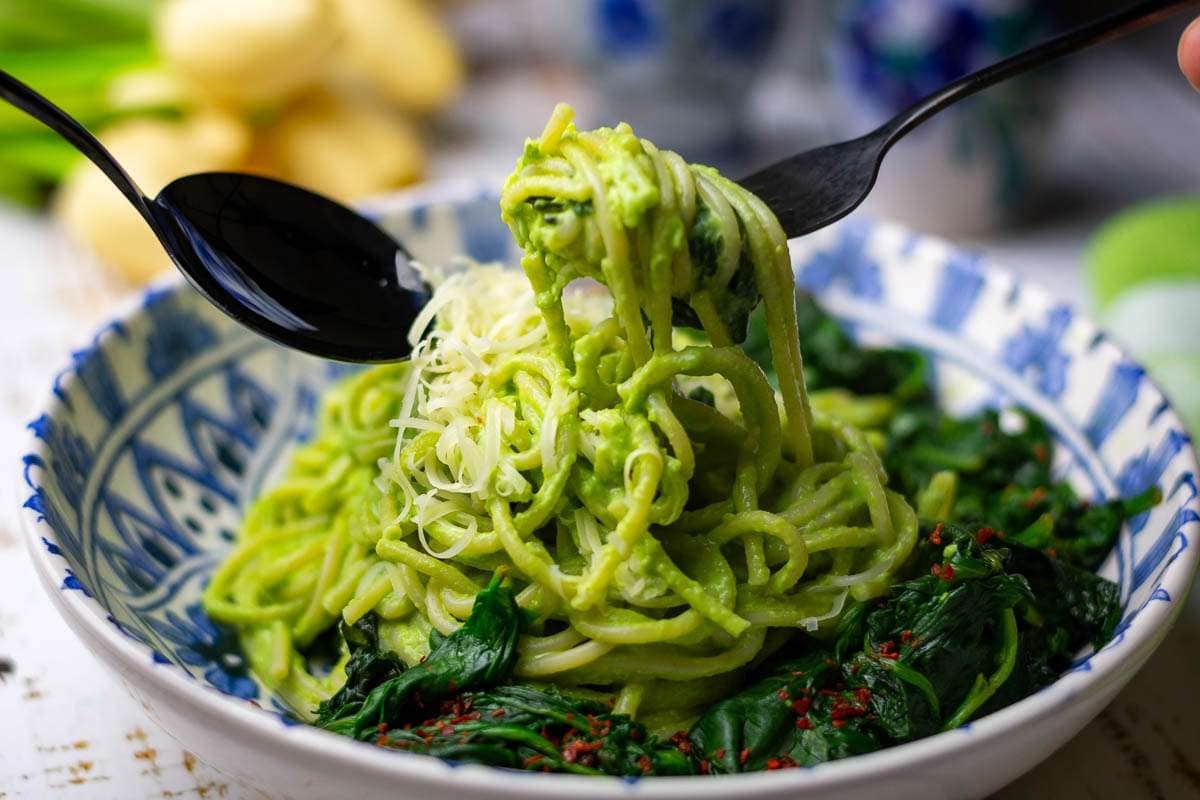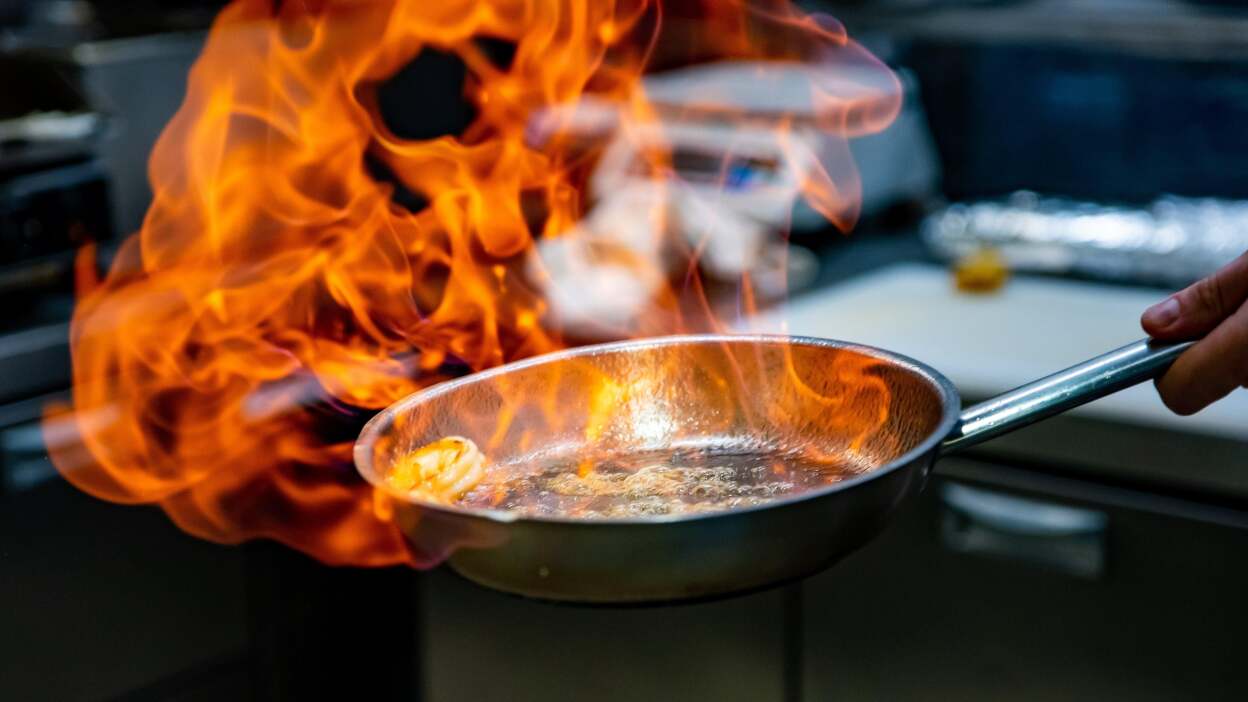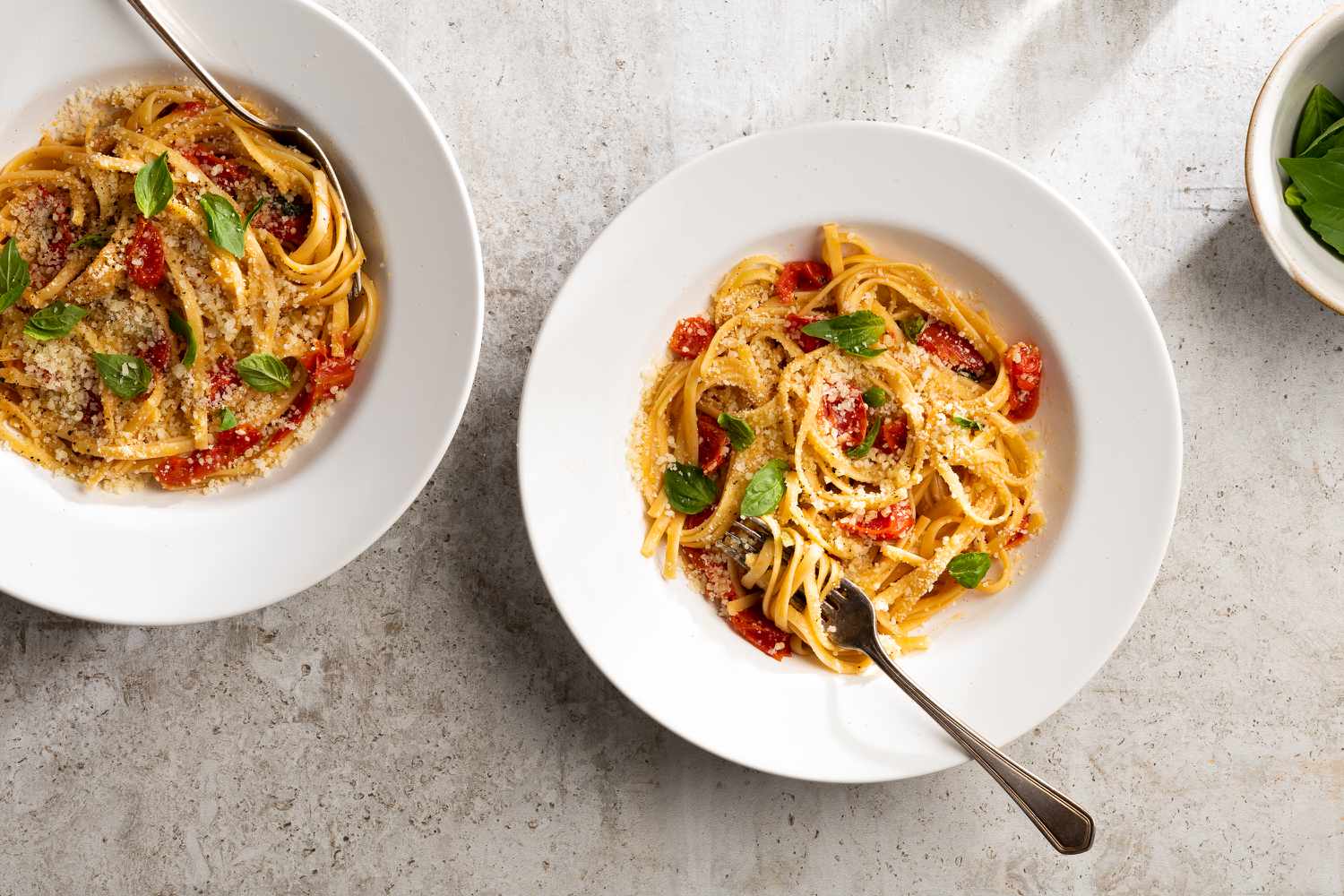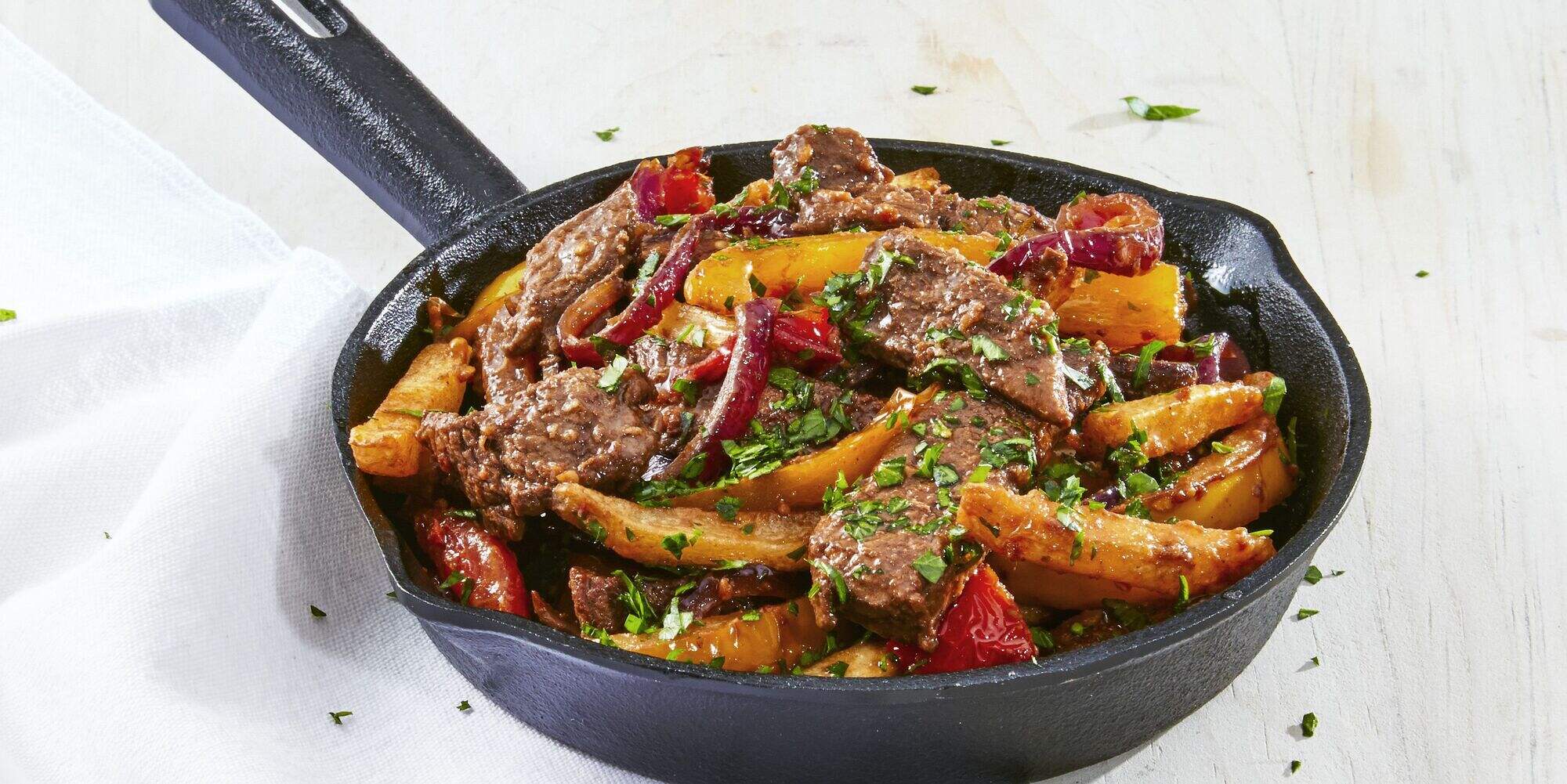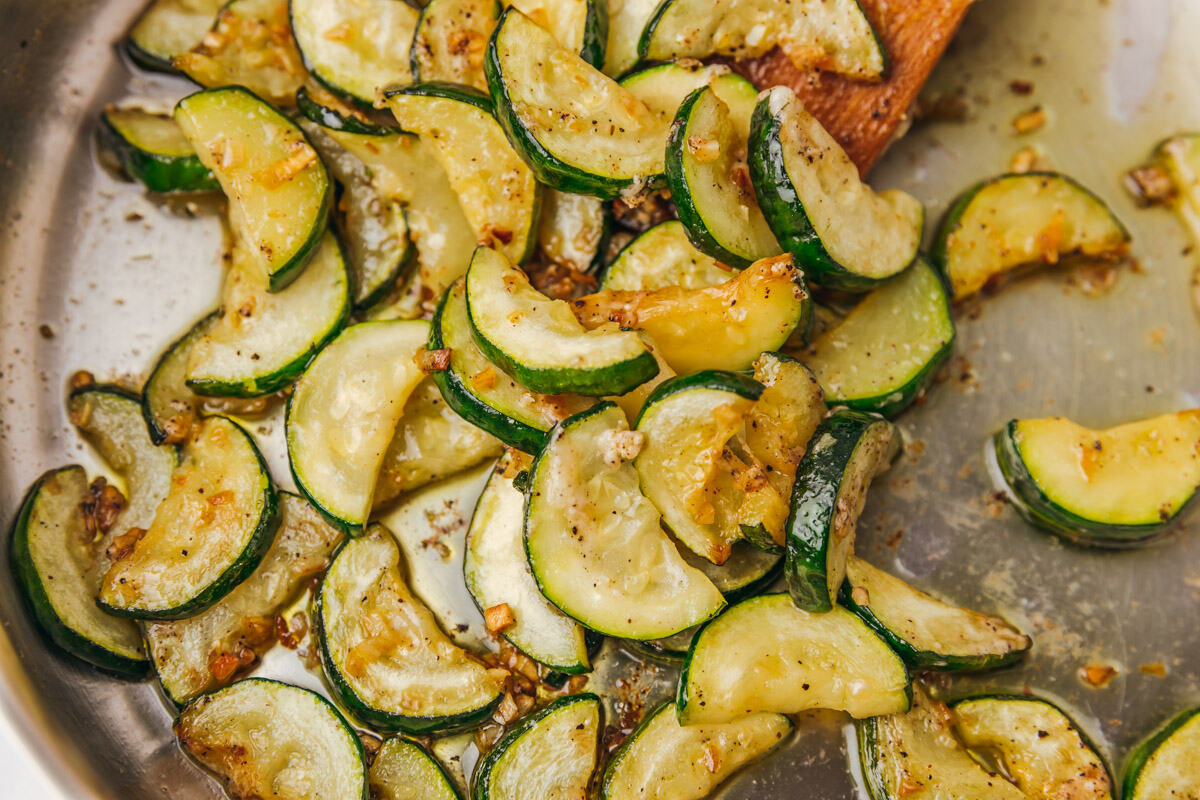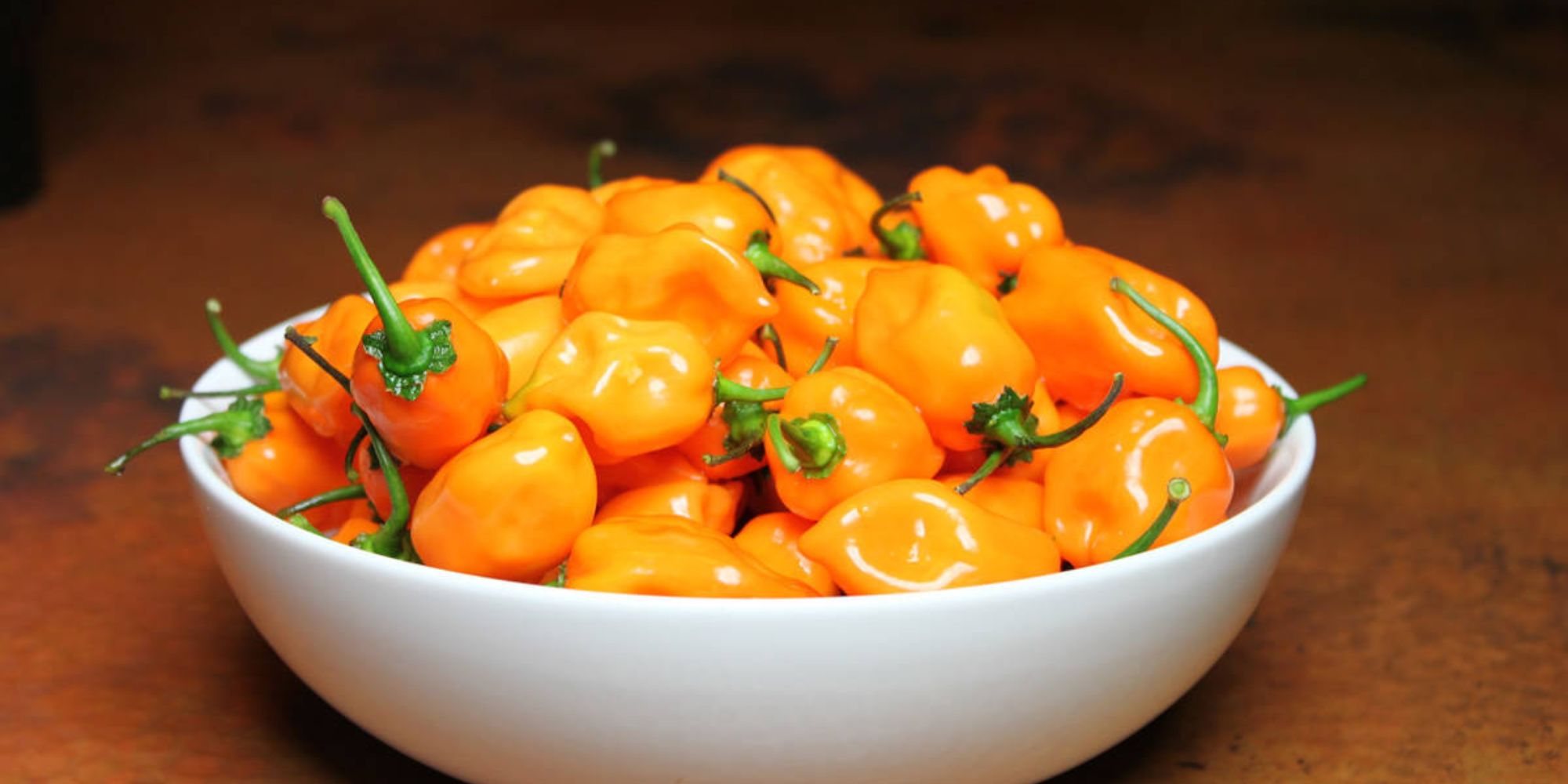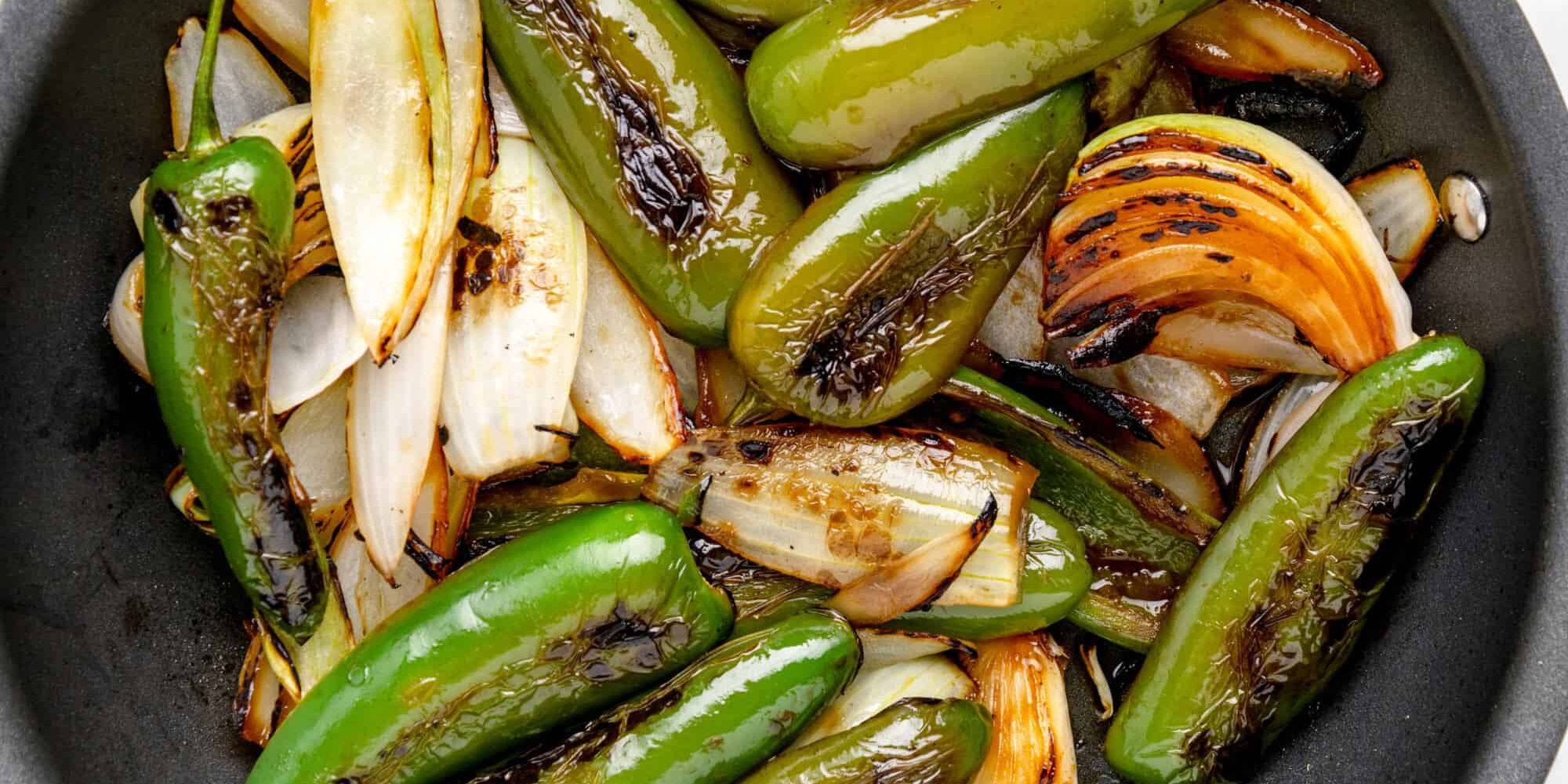Mastering the Art of Sauteing Spinach to Perfection
Spinach is a versatile and nutritious leafy green that can be enjoyed in a variety of dishes. When sautéed properly, spinach can be a delicious and healthy addition to any meal. However, if not prepared correctly, spinach can turn out bitter and unappetizing. In this guide, we will explore the techniques and tips for sautéing spinach without it becoming bitter.
Choosing the Right Spinach
When it comes to sautéing spinach, it’s important to start with fresh, high-quality spinach. Look for spinach leaves that are vibrant green in color, with crisp stems and no signs of wilting or yellowing. Baby spinach is often preferred for sautéing as it tends to be more tender and less bitter than mature spinach leaves.
Prepping the Spinach
Before you start sautéing, it’s essential to properly prep the spinach. Begin by rinsing the spinach leaves thoroughly under cold water to remove any dirt or grit. Once clean, pat the leaves dry with a clean kitchen towel or paper towel to remove excess moisture. Removing excess water will help prevent the spinach from becoming soggy during the sautéing process.
Mastering the Sauteing Process
Now that your spinach is prepped and ready to go, it’s time to master the sautéing process. Follow these steps to ensure your spinach turns out tender and flavorful:
- Heat the Pan: Start by heating a pan over medium heat. Adding a small amount of olive oil or butter to the pan can help prevent the spinach from sticking and add flavor.
- Add the Spinach: Once the pan is hot, add the prepped spinach to the pan. It’s okay if the leaves are piled high at first, as they will quickly wilt down as they cook.
- Season: Season the spinach with a pinch of salt and pepper to enhance its natural flavors. You can also add minced garlic or a splash of lemon juice for added depth of flavor.
- Toss and Cook: Use tongs or a spatula to toss the spinach in the pan, ensuring that all the leaves come into contact with the heat. Sauté the spinach for just a few minutes, until it begins to wilt but is still vibrant green in color.
- Remove from Heat: Once the spinach has wilted, promptly remove it from the heat to prevent overcooking. Overcooked spinach can turn mushy and bitter, so it’s best to err on the side of caution.
Preventing Bitterness
To prevent spinach from becoming bitter during the sautéing process, it’s important to avoid overcooking. Overcooking can cause the natural compounds in spinach to break down, leading to a bitter taste. By sautéing the spinach just until it wilts, you can preserve its delicate flavor and avoid bitterness.
Enjoying Your Perfectly Sautéed Spinach
Once you’ve mastered the art of sautéing spinach without it becoming bitter, you can enjoy it as a delicious side dish, a nutritious addition to omelets or frittatas, or as a topping for pizzas and sandwiches. Experiment with different seasonings and flavorings to create a spinach dish that suits your taste preferences.
With these tips and techniques in mind, you can confidently sauté spinach to perfection, ensuring that it’s tender, flavorful, and free from bitterness. Whether you’re cooking for yourself or for a crowd, perfectly sautéed spinach is sure to be a hit at the dinner table.
